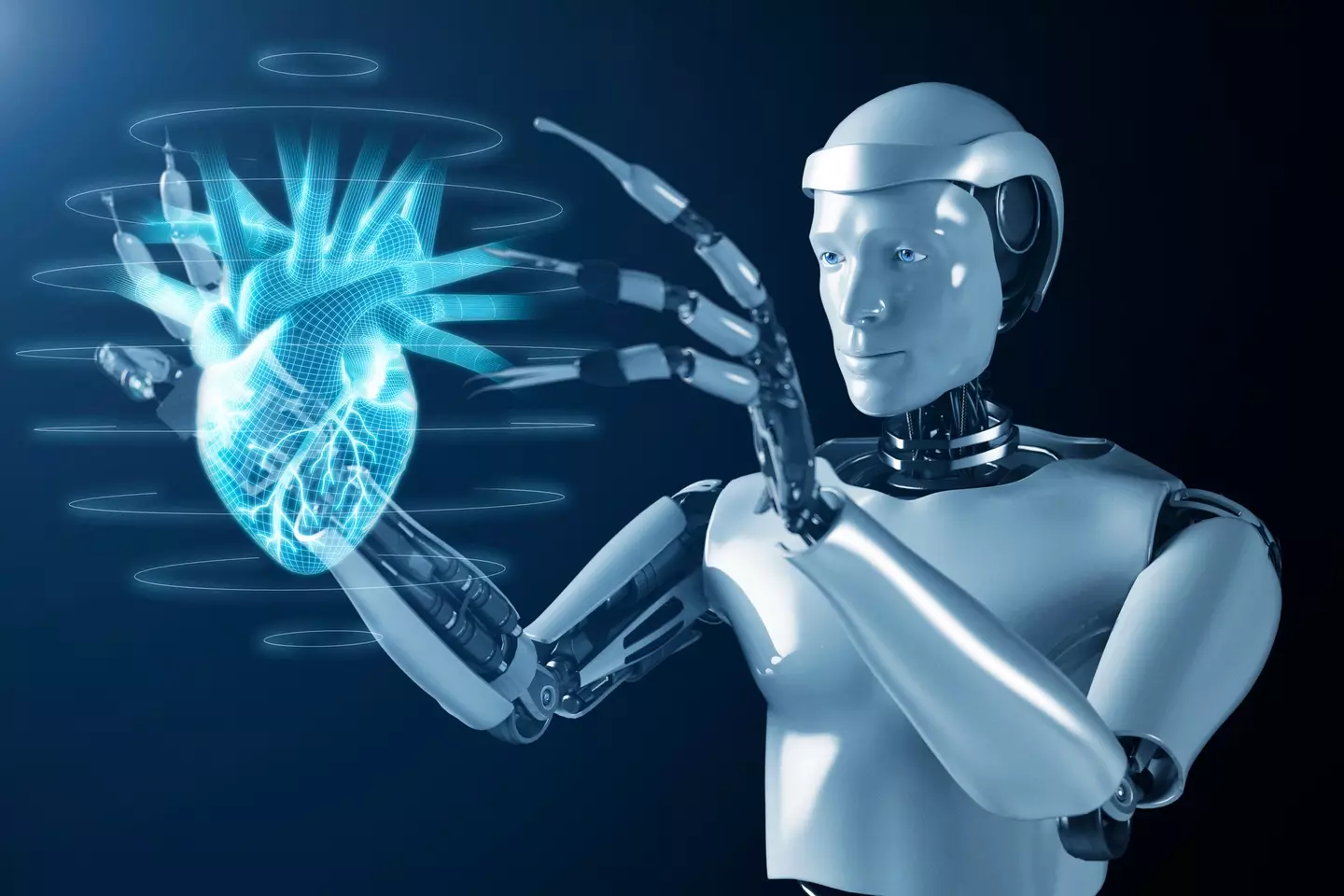
More and more, we're being warned that AI is coming for our jobs.
The 'godfather of AI' has previously identified which professions are most and least vulnerable to the technology, as well as a stark warning that total human extinction is a very real possibility.
Tech leaders like OpenAI CEO Sam Altman claim AI could replace a third of all tasks in the global economy within the next decade.
Meanwhile, Microsoft founder Bill Gates has announced which three jobs will survive the AI revolution and remain '100% human.'
Advert

Now, a GP has revealed the frightening risk that AI poses in his medical field.
Channel 4's documentary series Dispatches decided to put AI to the ultimate workplace test. In the episode Will AI Take My Job?, four professionals compete head-to-head against AI clones of themselves to see whether the technology can actually replace human expertise.
Dr. Tom Rustom, a GP from East Surrey, was matched against a customised AI system built on the same technology that powers ChatGPT. The experiment filmed Dr. Rustom assessing six patients, then compared the accuracy of his diagnoses with those made by the automated system.
“Honestly, I haven’t felt that sort of pressure since medical school exams,” Dr. Rustom told The i Paper about the experience. “I was glad I put some antiperspirant on that morning, because I was very, very scared. And all the permutations of, you know, ‘What if I lose?’, ‘What if I misdiagnose somebody?’, ‘What if I miss something, you know, really obvious?’”
Dr. Rustom admitted that he was quite impressed with the AI system, which correctly diagnosed a majority of the patients and was often reasonably close even when it didn't identify the exact condition.

“I was intrigued by its ability to make a diagnosis,” he explained. However, he noticed that the technology made a fatal mistake in one case.
A patient presented symptoms of a stomach ulcer that Dr. Rustom recognised as a stomach ulcer requiring immediate hospital attention. While the AI arrived at a very similar diagnosis, it merely suggested the patient take iron supplements rather than seeking urgent medical care.
“That’s a medical emergency,” he added. “That person needs to go into hospital, needs urgent blood tests, possibly IV fluids, and blood transfusions – they need all sorts of investigations.
"If you’ve got an actively bleeding stomach ulcer, I mean, the worst outcome is death. So, quite frankly, that one scared me. It angered me a little bit.”
In his role, the AI was significantly faster at assessing patients than Dr. Rustom, finishing all six patients in just 25 minutes, while the human doctor took 67 minutes.
However, given the serious and potentially fatal error the AI made, Dr. Rustom doesn't believe his job will be replaced by artificial intelligence anytime soon.